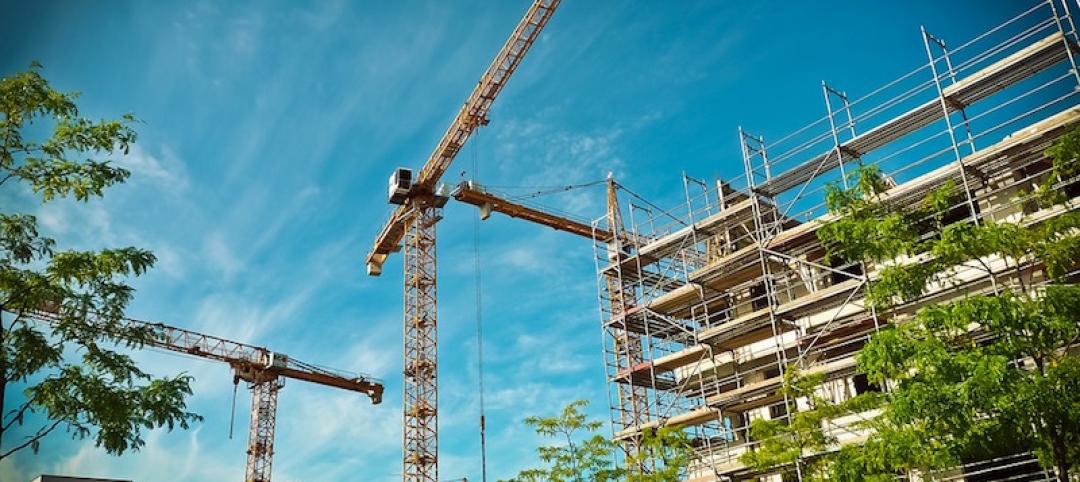Commercial property owners should commit to greenhouse gas (GHG) reduction—a strategy that reaps financial benefits and prevents buildings from becoming stranded assets, according to an energy efficiency consultant writing in GlobeSt.
A systematic drive to reduce emissions across the portfolio will garner savings on energy and water, as well as on levies for exceeding carbon emissions standards enacted by local governments. Decarbonization can avoid “stranded assets … properties that will be exposed to the risk of early economic obsolescence due to climate change because they will not meet future regulatory efficiency standards or market expectations.”
The first step is to set minimum standards for the entire portfolio and efficiency goals for individual properties. Portfolio standards could be performance based (e.g., 10% reduction of all assets by 2030), or prescriptive based (e.g., 100% LED lighting at all assets by 2025).
An energy and water audit, a comprehensive analysis of the property’s energy and water consumption using the ASHRAE Energy Audit Standards, should be conducted at each site. The audit measures energy and water usage, identifies property conditions that may cause excessive use, and provides efficiency measures to improve energy and water efficiency.
Other GHG reduction measures include building automation and controls, retro-commissioning, sourcing green energy from utilities, fully electrifying buildings, and integrating renewable energy systems into the property.
Related Stories
Codes and Standards | Jan 31, 2017
Planning for world’s first floating city underway
New approach to resiliency examined in French Polynesia.
Codes and Standards | Jan 30, 2017
Denser development could reduce emissions more than building energy retrofits
More tightly packed cities would cut building emissions significantly, study says.
Codes and Standards | Jan 27, 2017
Calif. legislator proposes statewide solar mandate for new buildings
It would be the first such requirement in the U.S.
Codes and Standards | Jan 25, 2017
Standard baseline for measuring building efficiency needed
EUI could push sustainability through market-driven approach.
Codes and Standards | Jan 23, 2017
Workers, local officials rally for new construction safety law in New York City
The new law would require those who work on 10-story-plus buildings to go through an apprenticeship program.
Codes and Standards | Jan 23, 2017
Prominent Atlanta construction executive faces charges in $1 million bribery scheme
The company has worked on some major projects, including Hartsfield Airport.
Codes and Standards | Jan 20, 2017
New resource lists green incentives by state
USGBC's new Public Policy Library includes tax and energy benchmarking policies.
Codes and Standards | Jan 18, 2017
How green leases benefit owners and tenants
Agreements to spur efficiency upgrades are slowly gaining popularity.
Codes and Standards | Jan 17, 2017
Intl. Code Council looks into code changes for cross-laminated timber structures
Most codes limit CLT structures’ height.
Codes and Standards | Jan 16, 2017
Building codes for existing buildings evaluated in new white paper
The paper examines implementation, enforcement challenges, and changes needed in new code editions.
















